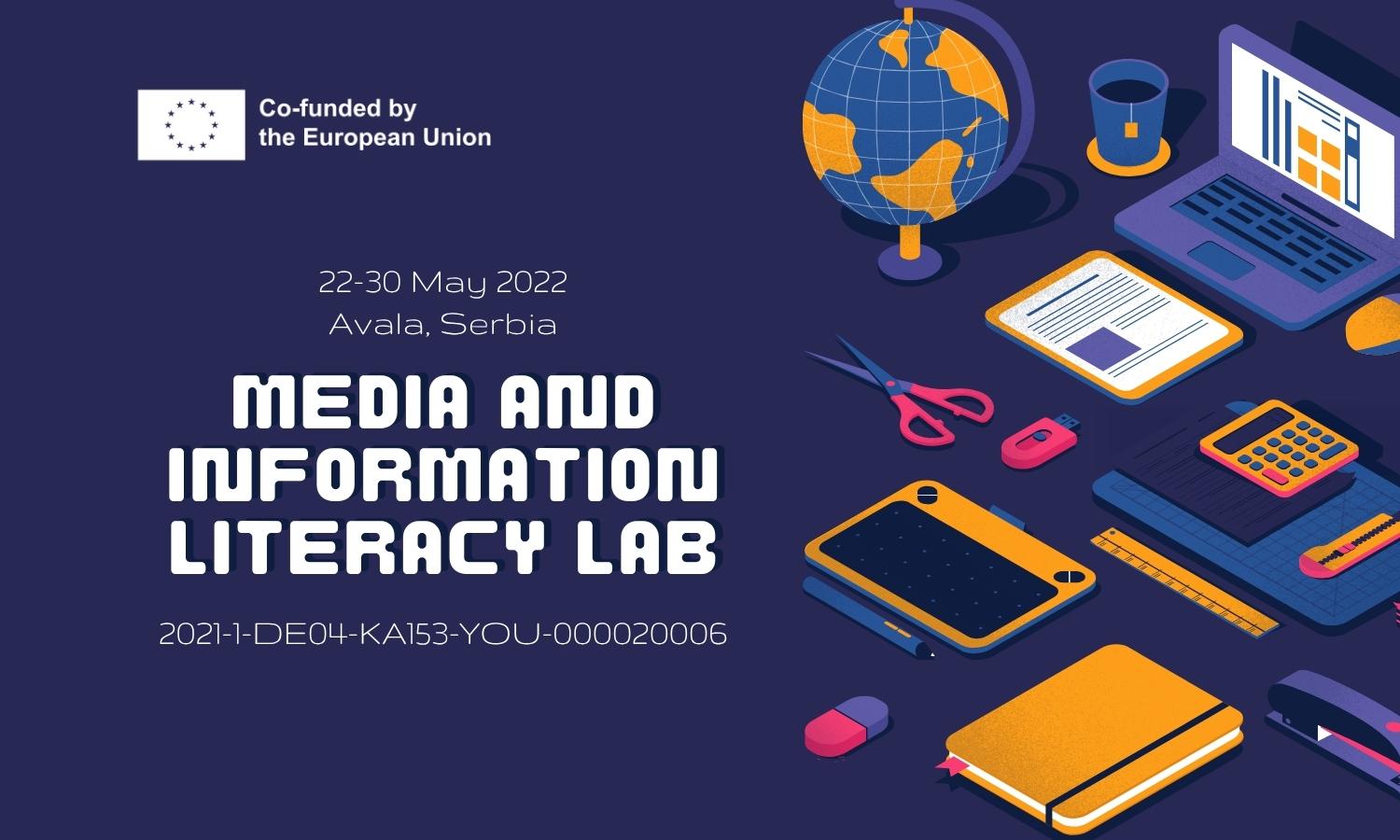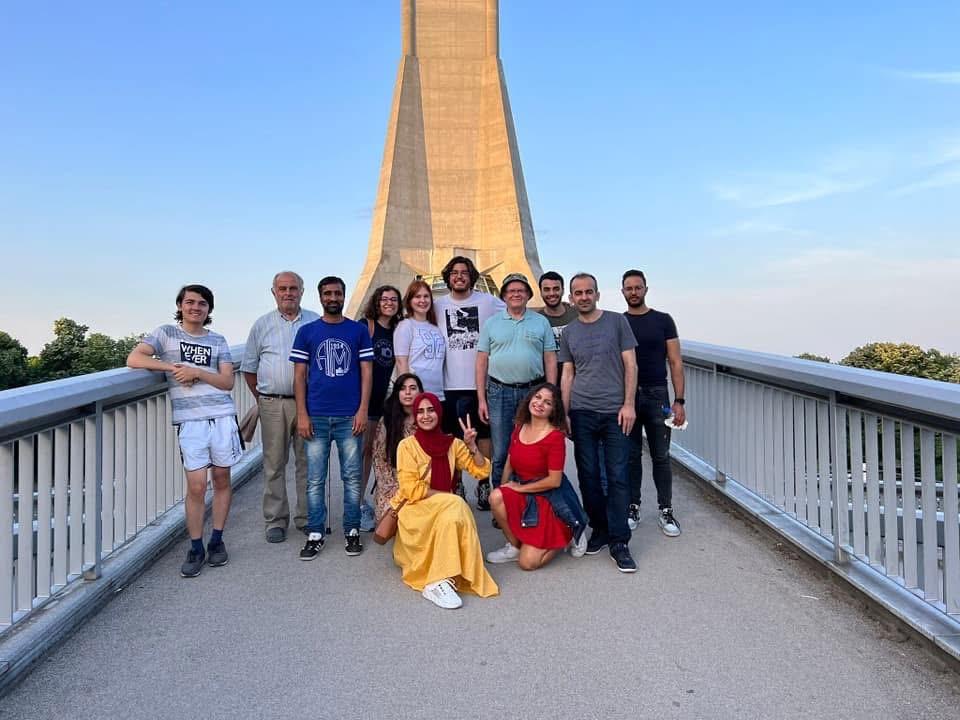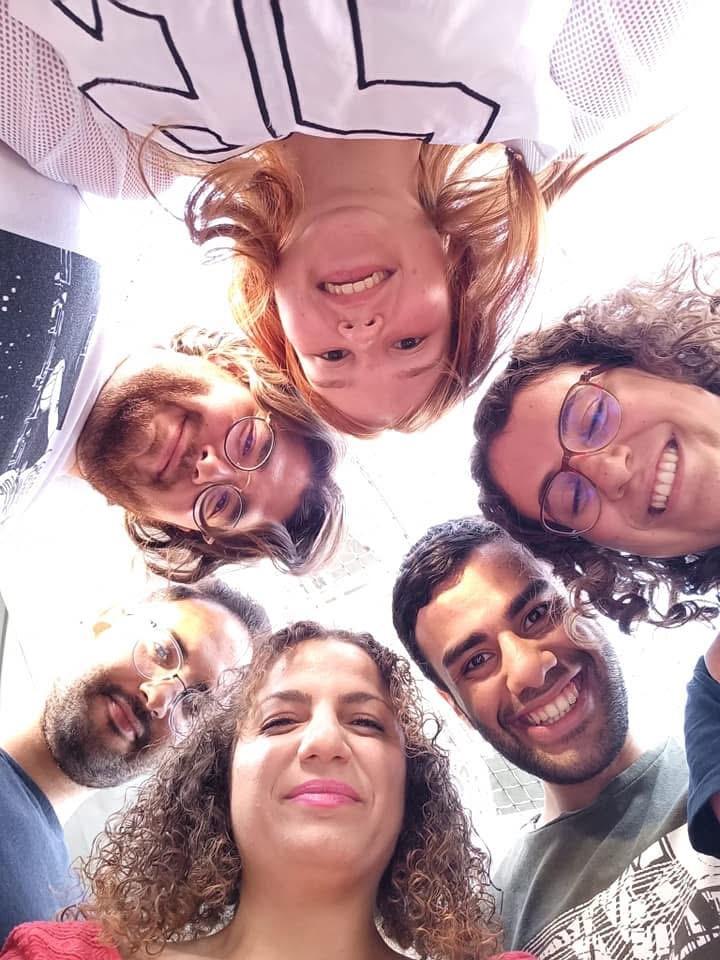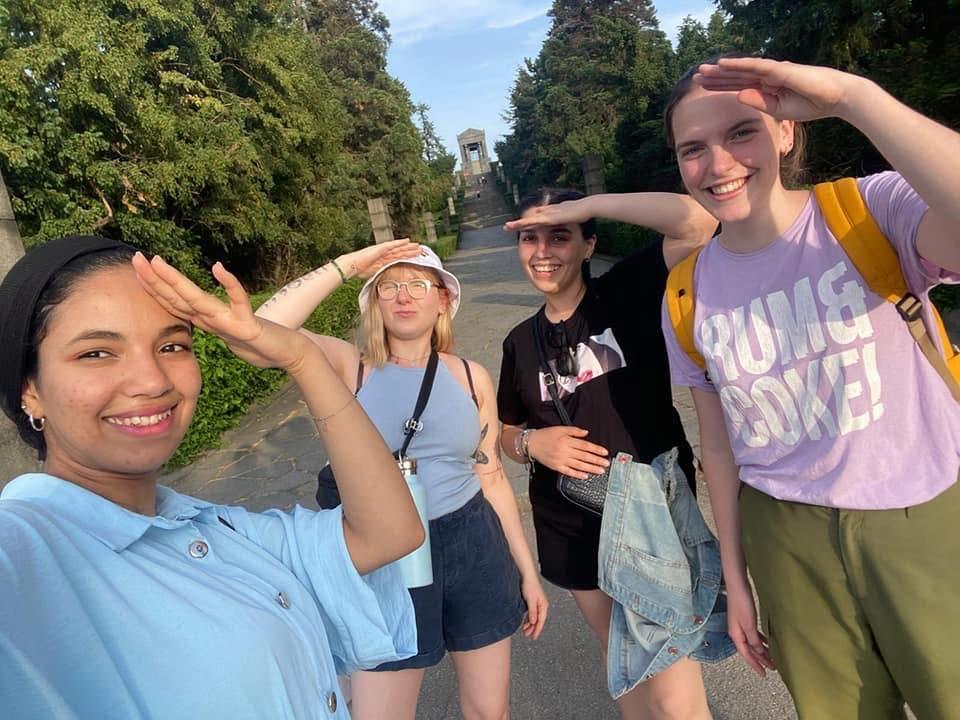About The Project
New digital platforms have unleashed innovative information practices that enable novel forms of communication and greater global reach than at any point in human history. But on the other hand, disinformation and hoaxes that are popularly referred to as “fake news” are accelerating and affecting the way individuals interpret daily developments. Fake news” and “fake facts' ' have become not only fashionable keywords but actual threats to democratic values nowdays. Disinformation, bias, fallacies, fake news and access to reliable information are a very huge concern of all European societies.
Therefore, young people across Europe need empowerment and knowledge to outsmart the ever-present flow of intentional misinformation through fact-checking abilities and improved their Media and Information Literacy - MIL. Access to new literacy practices is increasingly seen as a basic human right and a necessary condition for social and civic participation in democratic societies.
Education, including non-formal learning, is the most powerful vehicle to increase and strengthen critical thinking through adequate media literacy and fast-checking ability in detecting fake news. Educating recipients, the youth trainers in the first place, in which hands lies the ability to raise the awareness among youngsters and to teach them about responsible and critical media consumption, helps in building resilience against discrimination and indoctrination of the fake news, and ensures that everyone uses media in an informed and responsible way.
The project ‘’ Media and Information Literacy LAB’’ aims at fostering youth workers and trainers’ media and information literacy (MIL) skills for empowering European youth to critically analyse news and recognize bias, misinformation, and lies.
Main objectives:
• Fostering young people’s Internet literacy, creating awareness of intentional misinformation, enabling young people to identify “fake news” and to avoid them
• To raise awareness of participants of media education in the context of fake news in youth organisations
• To share and compare the realities among participating countries in the field of MIL
• To allow a systematic approach to digital literacy for young people and use a knowledge-based fact-checking system to recognize bias, spin, misinformation, and lies
• thinking about Information and Media and think critically in the Age of ‘Fake News’
• To equip them with skills that will enhance their professional and personal development.





